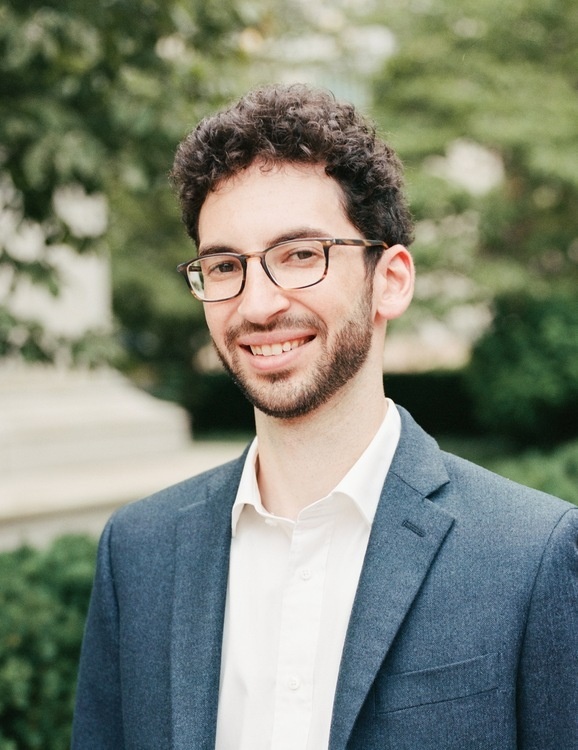
SCSB Lunch Series with Dr. Gabriel Stine: Cerebellar adjustment of neocortical dynamics during non-motor learning
Description
Date: Friday, September 19, 2025
Time: 12:00pm – 1:00pm
Location: Simons Center Conference room 46-6011 + Zoom [https://mit.zoom.us/j/95726791202]
Speaker: Gabriel Stine, Ph.D.
Affiliation: Simons Postdoctoral Fellow, Jazayeri Lab, McGovern Institute, MIT
Talk title: Cerebellar adjustment of neocortical dynamics during non-motor learning
Abstract: The enlargement of the lateral cerebellum and its extensive connections with the majority of neocortex is one of the most salient features of the primate brain. Yet, we know almost nothing about how the cerebellum influences neocortical activity to support cognitive function. In motor control, the cerebellum is known to form internal models that enable us to quickly correct errors in ongoing movements and gradually adapt to new environments. We hypothesize that the cerebellum serves a similar function for cognition by forming internal models that error-correct and adapt neocortical dynamics that underlie non-motor processes. In this talk, I’ll present our ongoing efforts to test this hypothesis using large-scale, simultaneous neuropixels recordings throughout the cerebello-thalamocortical pathway as monkeys perform a novel timing adaptation task. Our preliminary findings suggest that the dentate nucleus (DN)—the primary output of the cerebellum to the neocortex—conveys signed temporal prediction errors in response to predictable events in the environment. This error signal predicts changes in the speed of ramping activity in the parietal cortex and error-corrections in the animal’s timing behavior. Finally, electrical microstimulation of DN improved timing behavior, mimicking error correction. The results offer a first glimpse into how the cerebellum uses internal models to control neocortical dynamics related to non-motor processes.

